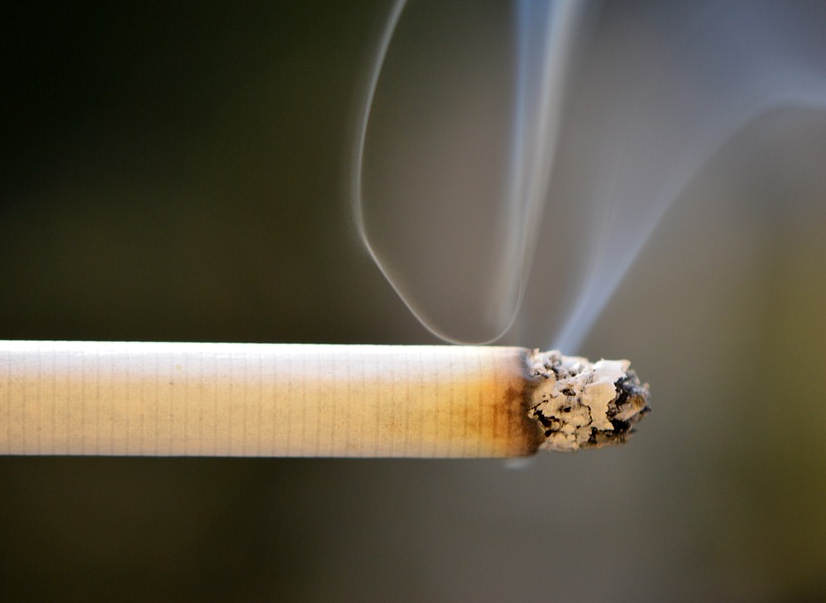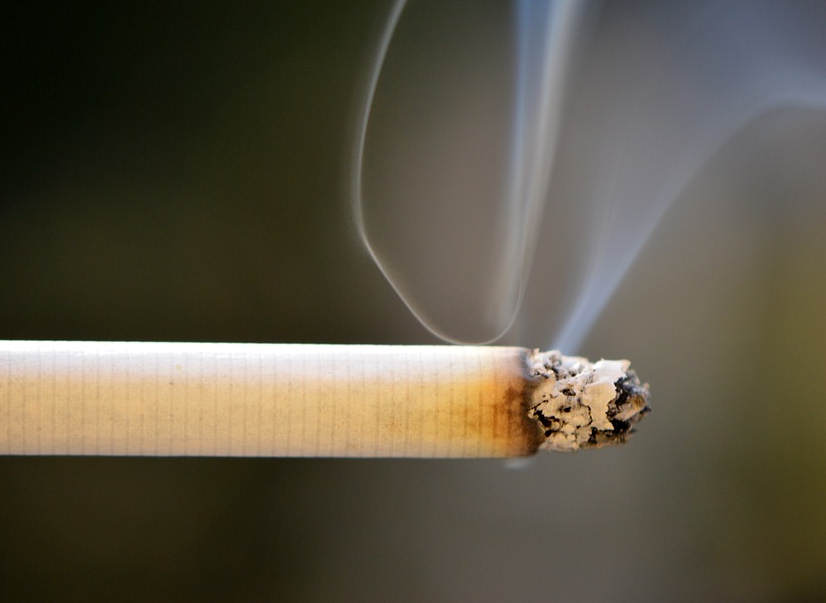A new biomarker has identified known and unknown exposure to second-hand smoke and confirmed a strong association to increased mortality in non-smokers, according to a new study from the Icahn School of Medicine at Mount Sinai. The results, published this month in the journal Carcinogenesis, provide a more accurate way to gauge second-hand smoke exposure than questionnaires, and present a strong case for more stringent limits on smoking and increased preventive screenings for those more likely to have been exposed to second-hand smoke.

Researchers used serum cotinine, a metabolite of nicotine, as a biological marker of exposure to second-hand smoke and linked National Health and Nutrition Examination Survey data to overall and cause-specific mortality in 20,175 non-smokers. After adjustment for sex, education, race/ethnicity, body mass index, and smoking habits, their analysis showed a significant increase in years of life lost (YLL) across cotinine concentrations. In the adjusted analysis, the lowest quartile of cotinine concentration — below the detectable level — was associated with 5.6 YLL while the highest quartile was linked to 7.5 YLL.
“A crucial finding of this study is that non-smokers are exposed to second-hand smoke without even realizing it,” said Raja Flores, MD, Professor and Chair of Thoracic Surgery at the Icahn School of Medicine at Mount Sinai. “Questionnaires show that responders do not know they were exposed to smoke, but cotinine blood levels are more accurate in determining their exposure and subsequent risk of lung cancer and other smoking-related disease.”
Further analysis among non-smokers who reported no exposure to second-hand smoke and had cotinine levels below race-specific cutoffs found that the association between exposure and mortality remained similar to observations in subjects who reported exposure. Specifically, increases in serum cotinine were statistically significantly associated with lung cancer, all cancers, and heart disease.
“Using cotinine level to measure exposure to second-hand smoke has important public health implications, because increasing the scope of smoke-free environments would likely decrease cotinine levels in the general population and ultimately death,” said Emanuela Taioli, MD, PhD, Director of the Institute for Translation Epidemiology at Mount Sinai. “Exposure to second-hand smoke is unequally distributed in the population. Children, non-Hispanic blacks, people living in poverty, and those who rent their housing are disproportionally affected and most vulnerable.”
Additionally, previous studies have shown that cars, public housing, and multi-unit housing structures are more likely to be sites of second-hand smoke exposure. Currently, federal or state anti-smoking laws do not regulate these locations.
The number of years lost in the population with detectable cotinine but unrecognized second-hand smoke exposure suggests that the economic toll of second-hand smoke may be substantially higher than that reported based on questionnaire data alone. Establishing a relationship between low levels of second-hand smoke exposure and increased YLL offers further evidence that stricter legislation establishing smoke-free areas, together with education efforts in low-income and minority communities, is needed.
Web Source: Mount Sinai Health System.
Reference:
Raja M Flores, Bian Liu, Emanuela Taioli. Association of serum cotinine levels and lung cancer mortality in non-smokers. Carcinogenesis, 2016; bgw094 DOI: 10.1093/carcin/bgw094
The post Unknown exposure to second-hand smoke associated with increased mortality appeared first on Scienmag.





